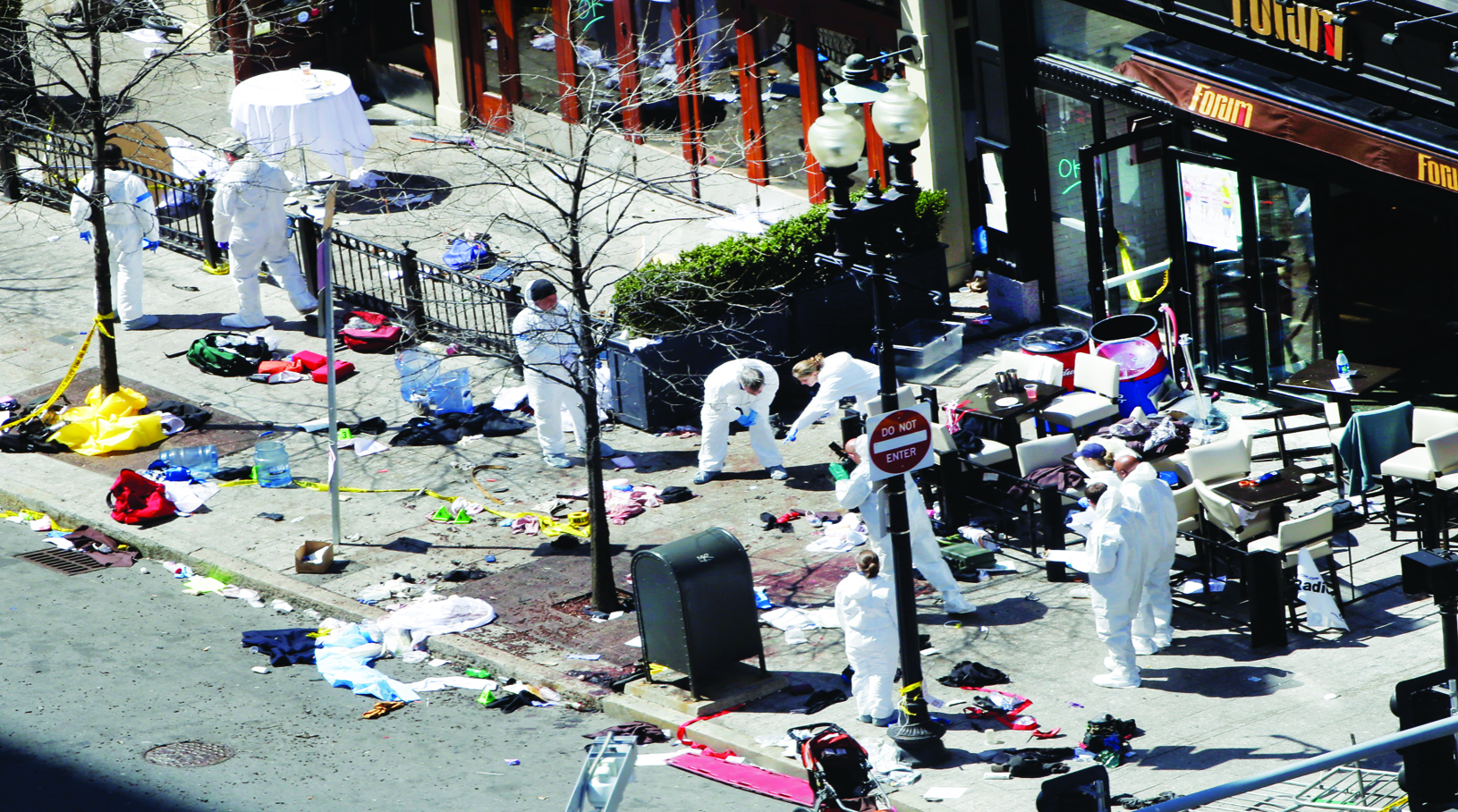Stephen Lumetta
Senior News Writer
On Monday night, students gathered in the Lowry main lounge to hear a presentation about the ongoing sustainable budget process. The sustainable budget process was prompted by concerns regarding the cost of higher education, skyrocketing student debt and tuition and lower revenue.
The presentation was very similar to one that faculty and staff heard earlier. The Student Government Association (SGA) sponsored the presentation, and the main presenter was Chief Information and Planning Officer Ellen Falduto. Other presenters included Provost Carolyn Newton and Dean of Students Kurt Holmes. Dean for Curriculum and Academic Engagement Henry Kreuzman and Professor of Economics John Sell were also on hand.
Falduto started the presentation with a pie chart. She said that ideas received as of Jan. 9 were split into two categories: cutting expenses ($1,631,922, or 53 percent of the total) and raising revenue ($631,700, or 20 percent of the total). The third part of the chart was a “gap,” or savings still to be accounted for, that amounted to 27 percent of the total goal of $3.1 million.
Holmes presented on revenue generation and cuts affecting Student Life. Among the potential changes are increasing COW card replacement fees, having sponsorship for WOO91, increasing parking enforcement and potentially increasing fines, consolidating programming efforts, eliminating professional entertainment during Family Weekend, closing Overholt House and relocating interfaith campus ministries, reassigning WAC’s budget and changing the operation of the mail room.
Students raised questions about the current cost of replacing a COW card and whether the College has looked into alternatives. There was also concern about whether changes in the operation of the mailroom would lead to staff cutbacks.
Newton presented on Academic Affairs’ savings and revenue generation. One idea, which Newton emphasized was far from becoming policy, was to make musical students pay for an accompanist.
According to Newton, it’s unusual for colleges to pay for their students’ accompanists. Nevertheless, this idea sparked some concern because musical accompanists can be expensive.
Other ideas included not using third party vendors for some off-campus study sites, restructuring the Wooster Forum to use endowed speakers (though a speaker related to summer reading would still come), and restructuring faculty leave replacement positions.
There were $59,677 of proposed savings for the Athletics Department. These savings included changes in the staffing of the fitness center, using one vendor for all practice uniforms, and eliminating varsity awards.
Falduto then presented on savings and revenue generation from various sectors: Finance and Business, President and Trustees, Information and Planning, Enrollment and College Relations, and Development.
Redefining custodial operations was another possible savings solution. The College is looking to eliminate staff from temporary employment agencies. As could be expected, custodians from these agencies have a high turn-over rate, increasing costs. Falduto said redefining “clean” was also an option. “Can we clean places every other day?” she asked. Priority zones can be created, and these zones can receive more attention than places that do not need require constant cleaning.
Other ideas include integrating Mom’s and Pop’s, eliminating regalia at convocations and using disposable gowns at Commencement, reducing printing and copying costs, opening an IT repair shop on campus, possibly eliminating cable television on campus, and expanding the Wooster Fund.
There are not a lot of places in town where students can get their computers fixed, so an IT repair shop would allow students to stay on campus for this service.
Eliminating cable television on campus is more contentious. Falduto said it was not in the budget for next year, but it should be considered in the future. The College currently pays $65,000 a year for cable television. This price is approaching the cost the College pays for Internet, and the Internet is much more widely used than cable. Some students asked about implementing a system wherein students could pay for an access code to watch cable television, or maintaining cable television only in common areas. Paradoxically, the latter suggestion would cost more than what the College is already paying. The former suggestion is off the table with the College’s current cable provider, according to Falduto.
Falduto said, “The ideas are moving forward as we now are in the process of finalizing the College’s budget for 2015-16. Some ideas may be modified.” The budget for the 2015-16 year needs to be finalized and sent to the Board of Trustees in May. Additionally, some ideas suggested for increasing revenue or saving money need further review or take more than a year to execute, meaning that these ideas will instead be considered for the 2016-17 budget.
Students, faculty and staff may still submit ideas — and keep up with the sustainable budget process — by going to strategicplanning.scotblogs.wooster.edu/.

